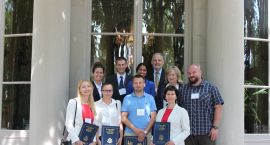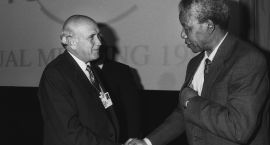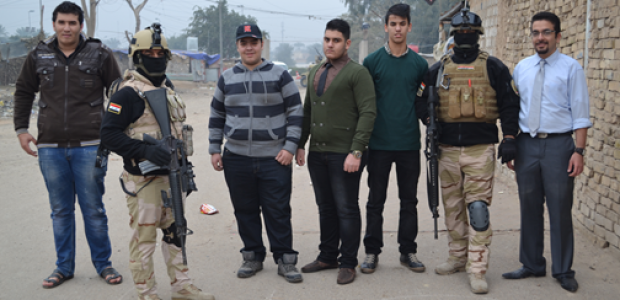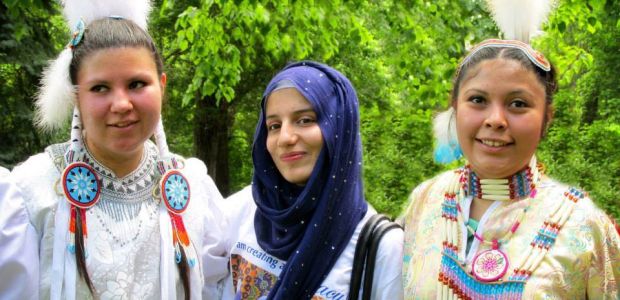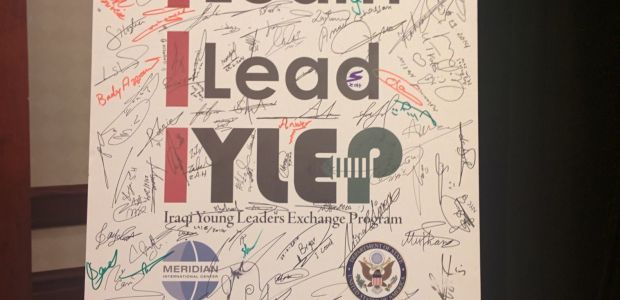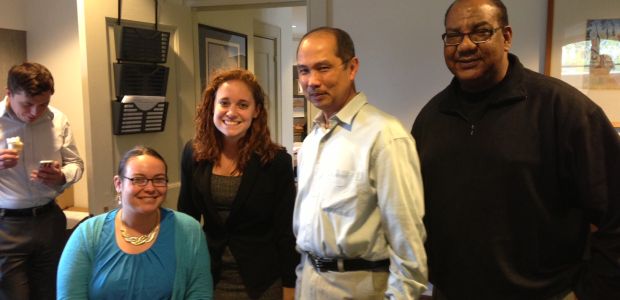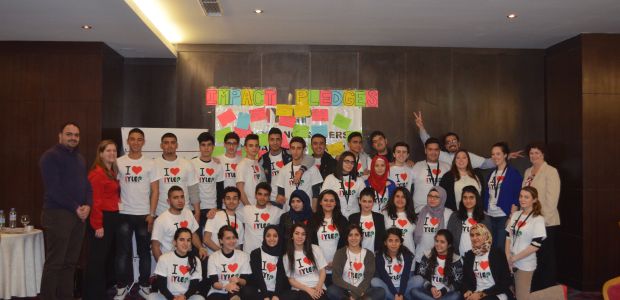IYLEP High School Alumni Inspire Youth Volunteerism in Baghdad
Written by Abdulaziz A.
Alumni of the 2013 Iraqi Young Leaders Exchange Program (IYLEP) reconnected this past February in Erbil. Alums from both the High School and Undergraduate programs gathered to reflect on their experiences and participate in workshops and panel discussions that built upon the skills students developed last summer in the United States. Meridian invited IYLEP alumni to submit a blog post describing their personal experience and growth with the program. We selected the winning entries to post on The LEAD. Abdulaziz was selected as one of the winners for the IYLEP High School group.
When Khalid, Maryam and I returned to Baghdad after the 2013 Iraqi Young Leaders Exchange Program (IYLEP) in the United States, we decided to start a project to help poor people in Baghdad. We looked for students in our schools that had the same interests. We were really surprised to get support from a lot of the students. We collected used clothes and contributions from neighbors, friends and family in a 2-week period. We chose a neighborhood where poverty is really high. In order to distribute the goods, we had to get permission from the police and be escorted. Unfortunately, distribution points, where many people gather to receive charity, are often the targets of terrorist groups. The police were not helpful, but one of our cousins recommended we approach the Iraqi army. The army wants to build up and encourage more civic action, so we made a search for the areas in Baghdad that are under control of the army. We found really poor families living in houses made of mud.









